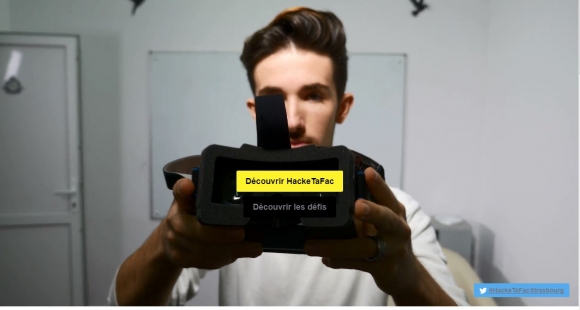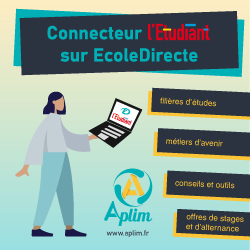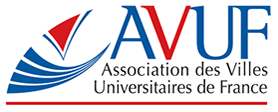
What is 'Hacke ta fac'? Launched by the University of Bordeaux (UB) in 2017, the competition challenges students to hack their academic experience and transform their schools by creating digital tools, such as web platforms and mobile applications. This year, UB is joined by the University of Strasbourg and Montpellier’s Paul-Valéry University. The competition’s trademarked brand and logo are open to all and the website’s code is available on Renater.
Community Centered
Among Strasbourg’s seven competition categories are collaborative projects, exam preparation, campus community and college preparation. Prizewinners receive €10,000 to bring their projects to life. “We have already heard from students who want to participate,” says Alexandra Delaunay, head of Strasbourg’s student success program, adding cautiously, “but we know they are very busy.”
In order to expand its reach, Strasbourg sought out advice from the competition’s creators. Delaunay notes, “Without that information and those tools, we wouldn’t have been able to put it together so quickly.” Strasbourg mounted its competition in just a quarter. For UB competition coordinator Antoine Blanchard, “We designed the competition to be replicable because when money is invested in developing new ideas, others should benefit. We entered into a community of practice.”
Open Outlook
Thanks to UB’s advice, observes Delaunay, “We knew to offer students workshops and to include social networks in our communications.” While the competition categories are flexible, there is a set ethics charter. It specifies, for instance, that “sufficient funds must be made available to students” as well as adequate project support. It also allows for business partnerships so long as companies aren’t seeking to profit.
For two of its categories this year, UB decided to invite business partners to participate, including certain event sponsors. The university clearly intends on expanding the competition in more ways than one and in accelerating its own digital transformation.
Read the full article (in French)






